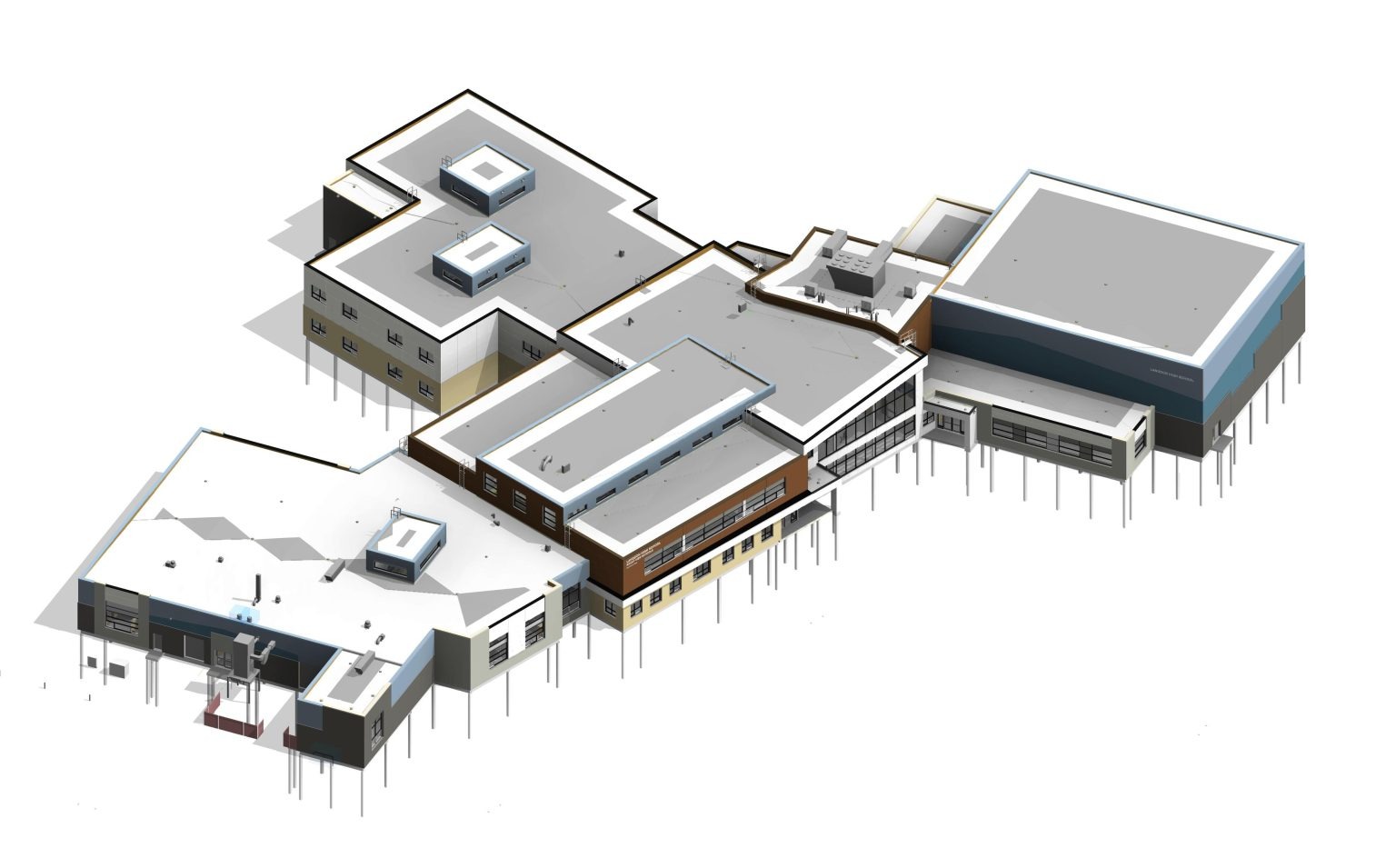
Table of Contents
Elevating Projects with Building Information Modeling Services
In today’s fast-paced construction environment, building information modeling services (BIM services) have moved from optional to essential. These services streamline collaboration, enhance construction accuracy, and bring design ideas into a coordinated, data-rich model. As clients and teams increasingly demand digital precision, BIM has become a core tool for architects, engineers, and contractors.
Who Seeks BIM Services and What They Expect
Architects, structural engineers, MEP consultants, contractors, and developers typically search for BIM services. Based on leading firms in this sector (like Equans Digital, BMSI.ai, and Arup), users look for:
- Holistic coordination across disciplines
- Reliable clash detection and conflict resolution
- High-precision 3D and 4D modeling
- Integration with scheduling and cost estimation
- Sustainable performance simulations
- Lifecycle support from design through facilities management
They expect scalable, collaborative workflows that improve efficiency and clarity across project stages.
Core Advantages of BIM Services for Construction Projects
Integrated Model Coordination
BIM centralizes architectural, structural, and MEP systems into a single coordinated model. Updates to one discipline automatically propagate throughout, preventing mismatches and ensuring consistency.
Advanced Clash Detection and Resolution
Predicting clashes—like duct intersecting structural elements—before fabrication reduces on-site errors, delays, and rework. Clear clash reports with actionable feedback help teams resolve issues early.
Enhanced Visualization and Client Understanding
3D walkthroughs, renderings, and even simple virtual walkthroughs make complex designs more accessible. Clients and stakeholders grasp project scope and scale more intuitively.
Data-Driven Scheduling and Budgeting
Integrating BIM with 4D and 5D workflows allows teams to map design elements to timelines and cost information. This improves project planning, procurement, and financial control.
What Top BIM Service Providers Deliver
Tailored Implementation Strategies
Top firms offer on-demand support: audits, template setup, training, and full BIM delivery across design, construction, and handover phases.
Technical Excellence
Providers are adept in tools like Revit, Navisworks, Solibri, Rhino, or Civil 3D, and understand cloud integration, version control, and secure file sharing.
Sustainability and Performance Modeling
Beyond geometry, advanced BIM services include energy simulations, daylight analysis, carbon calculations, and other sustainability features.
Lifecycle Management and As-Built Transition
Some providers convert final BIM into asset management platforms—delivering as-built models optimized for facility maintenance, retrofit, or future additions.
Common Use Cases in BIM Service Engagements
Early Design and Coordination
During conceptual and schematic phases, BIM helps identify spatial conflicts, coordinate systems, and test design assumptions collaboratively.
Construction Documentation and Detailing
When projects move into construction drawings, BIM ensures consistency across plans, sections, schedules, quantities, and fabrication-ready models.
Prefabrication and Modular Assembly
With BIM, components like MEP racks, precast panels, or structural modules can be defined precisely, accelerating off-site fabrication and reducing site labor.
Digital Twins and Facilities Management
After construction, BIM models feed into digital twins—supporting maintenance, asset tracking, and predictive diagnostics throughout the building’s life.
Frequently Asked Questions About BIM Services
What is the typical project timeline for BIM engagement?
Initial audits, template setup, or pilot models can take days to a week. Full-scale coordination, 4D/5D integration, or performance modeling may extend over several weeks depending on project complexity.
Which file formats are delivered?
Clients typically receive .rvt or IFC models, along with Navisworks files, clash reports, energy sim results, and exportable data for CAFM or maintenance platforms.
How can quality and accuracy be assured?
Look for providers with internal QA workflows: model validation checkpoints, naming convention adherence, family audits, and coordination logs aligned with BIM standards.
Avoiding Delays and Misalignment in BIM Projects
Miscommunication and Model Inconsistency
Aligning naming conventions, classification systems, and template standards early ensures different teams coordinate seamlessly.
Revision Complexity
Uncontrolled updates and unclear versioning can lead to outdated or mismatched models. A clear revision strategy avoids such breakdowns.
Scope Creep and Budget Overruns
Without clear deliverable definitions, clients may experience scope drift. Proper scoping, milestone-based deliverables, and transparent billing help maintain clarity.
Where Building Information Modeling is Heading Next
- Cloud-native BIM Collaboration: Platforms like Autodesk Construction Cloud support real-time multi-user access and version control.
- Generative Design and AI Optimization: Algorithms suggest design options based on criteria like daylight, circulation, or cost.
- Digital Twin Integration: Linking live building data with BIM for predictive analytics and operational efficiency.
- Sustainability as Standard: Automated carbon modeling, energy benchmarking, and adaptive façade simulations.
- Mixed Reality Review: Teams using AR/VR to explore models in context—improving spatial validation and stakeholder engagement.
Best Practices to Maximize BIM Service Investment
- Conduct an early BIM readiness assessment to identify gaps and define objectives.
- Standardize your template, naming, and classification schemes before model creation.
- Deliver feedback via structured coordination cycles with tracked model revisions.
- Use visual dashboards and clash logs to communicate progress effectively.
- Archive project versions carefully and maintain a clear revision history.
Why BIM Services Are Indispensable
Investing in building information modeling services transforms chaotic coordination into coordinated control. These services help architects and contractors reduce risk, visualize intent, optimize schedules, and deliver smarter buildings.
When executed with strategic planning, robust workflows, and attention to detail, BIM becomes a competitive advantage—empowering teams to deliver projects with clarity, sustainability, and precision.
To Learn More https://www.varminect.com/services/ Or Call Us On 190-834-47855
